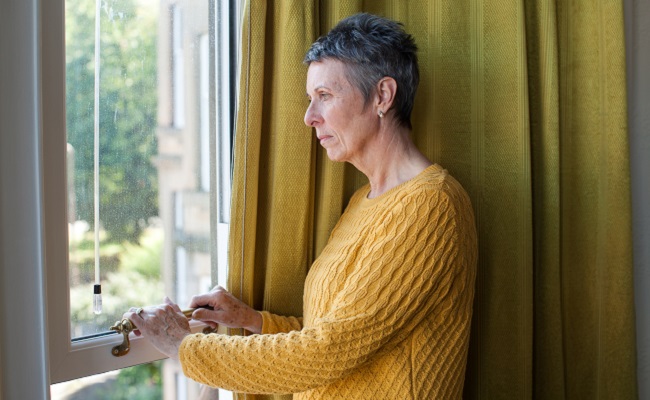Content warning: This article contains information about domestic abuse, which some may find upsetting.
Domestic abuse and cancer are common, and a cancer diagnosis can trigger abusers to escalate their abuse or use new types of abuse. The toolkit has been designed to equip cancer professionals in secondary and tertiary care with an understanding of different types of domestic abuse and cancer-related vulnerabilities, red flags to look out for in the cancer context, and what to do if they suspect someone is experiencing domestic abuse. The toolkit is designed to complement existing domestic abuse training in NHS Trusts.
Cancer and domestic abuse: A toolkit for professionals is based on the findings of a two-phase project that aimed to enhance the cancer workforce awareness and response to domestic abuse. The findings of the first phase, a consultation with cancer professionals and victim-survivors, were published in 2022.
Experiencing domestic abuse has a hugely negative impact on cancer care, treatment, recovery and, regardless of whether the victim-survivor is a patient or carer, access to support.
The toolkit was co-produced with domestic abuse victim-survivors. Marion, one of those who took part, said: “It would have been great if this toolkit was available when I was going through this. My husband had cancer and coercively controlled me. I didn’t know what was happening or where to turn to for help. If those who were seeing him had this information to hand my life would have been very different.”
A victim-survivor interviewed during the first-phase research said: “Having to turn to my abuser for help during my cancer treatment, after spending years trying to escape the abusive relationship, was the number one source of stress, fear, and misery during cancer treatment — much worse than the treatment and the cancer itself.”
Dr Sandi Dheensa, Research Fellow in the Domestic Violence and Health Research Group at the Centre for Academic Primary Care, University of Bristol, said: “Cancer professionals are a key, trusted point of contact for patients. With the right knowledge and confidence, they can offer people a safe time and place to disclose abuse, and safely refer them to domestic abuse services. They have a unique window of opportunity to intervene and make a difference.”
Dr Helen Winter, Medical Oncologist and Clinical Research Fellow at University Hospitals Bristol and Weston NHS Foundation Trust and the University of Bristol, said: “It does take bravery. It does take courage, but we have to be brave. We should be giving people opportunities to tell us difficult things.”
Rowena Howell, Partnership Manager at Macmillan Cancer Support, said: “At Macmillan, we’re committed to doing whatever it takes to help deliver better outcomes for people affected by cancer, and the healthcare professionals who support them. This partnership, which has been driven by the voices of people who have experienced domestic abuse, has enabled us to start conversations and provide support on an issue that isn’t talked about enough – especially in the context of cancer care.”
Download the toolkit
Download the toolkit from the Macmillan Cancer Support website.
Help and support
If you have experienced domestic violence and abuse and would like support, you may find it helpful to contact one of the organisations listed below:
National Domestic Violence Helpline – confidential helpline for people experiencing domestic violence and abuse, and their friends, family and work colleagues
Helpline: 0808 2000 247 (24 hours)
Webchat: https://www.nationaldahelpline.org.uk/en/Chat-to-us-online (Mon-Fri, 3pm-10 pm)
British Sign Language interpreter service: nationaldahelpline.org.uk/en/bsl
Galop – for LGBT+ people
Helpline: 0800 999 5428 (Mon–Thu, 10am-4.30pm, Fri, 10am-4pm)
Webchat: https://galop.org.uk/get-help/helplines/
Men’s Advice Line – for victim-survivors who are men
Helpline: 0808 8010327 (Mon-Fri, 10am-5pm)
Email support: info@mensadviceline.org.uk (Mon-Fri, 9am–5pm)
Respect – for concerns about your own or someone else’s behaviour
Helpline: 0808 802 4040 (Mon–Fri, 10am-5pm)
Email support: info@respectphoneline.org.uk (Mon-Fri, 9am-5pm)
Webchat: https://respectphoneline.org.uk/ (Thurs, 2pm-4pm)
If you need support for domestic abuse and/or cancer:
Macmillan Support Line
Helpline: 0808 808 00 00 (Mon-Sun, 8am-8pm)
Webchat: macmillan.org.uk/cancer-information-and-support/get-help/chat-online (Mon-Sun, 8am-8pm)
Email support: macmillan.org.uk/about-us/contact-us/ask-macmillan-form.html
BSL and other language interpreters available
